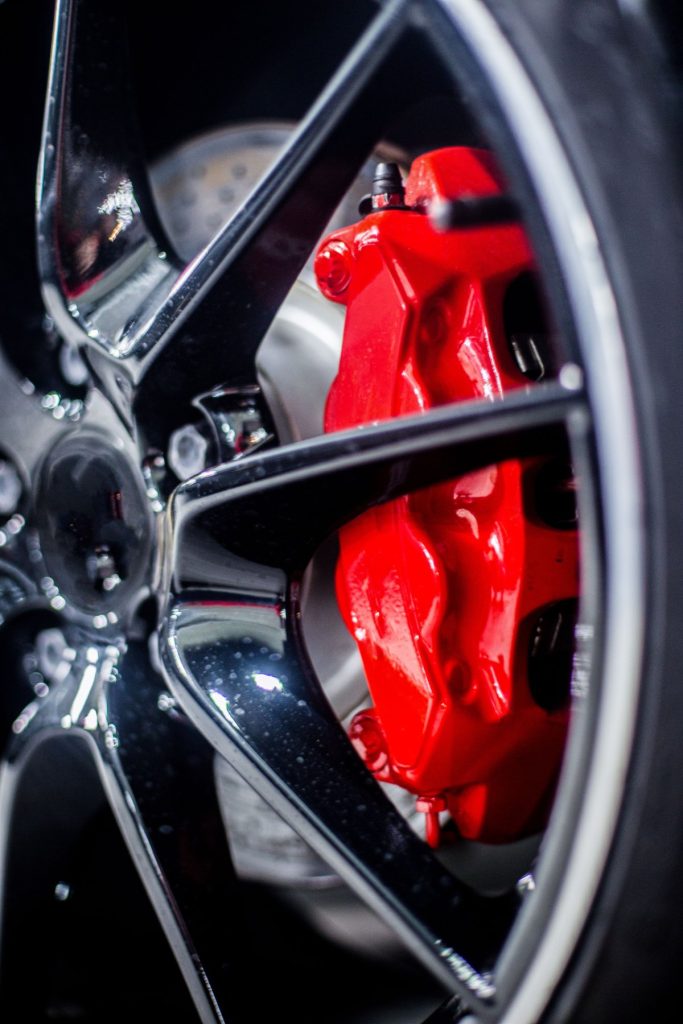Brakes
Brake Problems?
If the brakes in an automotive vehicle stop working, it can be due to several potential
issues. Here are some common causes:
- Brake Fluid Leak: Brake systems rely on hydraulic pressure, which requires brake fluid. A leak in the brake lines, hoses, or calipers can lead to a loss of brake fluid, resulting in decreased braking power or complete brake failure.
- Air in Brake Lines: Air in the brake lines can significantly reduce the effectiveness of the braking system because air is compressible, unlike brake fluid. This can lead to a spongy brake pedal and reduced braking efficiency.
- Worn Brake Pads or Shoes: Brake pads (for disc brakes) and shoes (for drum brakes) wear down over time. If they are excessively worn, they may not be able to generate enough friction to stop the vehicle effectively.
- Faulty Master Cylinder: The master cylinder generates the hydraulic pressure needed for the braking system. If it fails, it can result in a loss of braking power or brake failure.
- Malfunctioning Brake Booster: The brake booster helps increase the force applied to the brake pedal, making it easier to brake. If the brake booster fails, it can make the brake pedal very hard to press and reduce braking effectiveness.
- Damaged Brake Lines: Brake lines carry brake fluid to the brakes. If they are damaged or corroded, it can lead to leaks and a loss of hydraulic pressure.
- Seized Calipers: Calipers press the brake pads against the rotors to create friction and stop the vehicle. If a caliper seizes, it may not apply enough pressure, leading to reduced braking performance.
- Worn or Warped Rotors/Drums: Rotors (for disc brakes) and drums (for drum brakes) need to be smooth and evenly surfaced to work correctly. If they are worn out or warped, they can reduce braking efficiency and cause vibrations.
- ABS (Anti-lock Braking System) Issues: Problems with the ABS system, such as faulty sensors or a malfunctioning ABS module, can lead to reduced braking performance or loss of control during emergency braking situations.
- Contaminated Brake Fluid: Over time, brake fluid can become contaminated with moisture or debris, reducing its effectiveness and potentially leading to corrosion within the braking system.
- Stuck Parking Brake: If the parking brake is stuck in the engaged position, it can prevent the vehicle from moving properly and affect the overall braking system.
- Wheel Cylinder Failure: In vehicles with drum brakes, the wheel cylinders push the brake shoes against the drum. If they fail, the brakes on that wheel may not function properly. Regular maintenance and inspections are crucial to ensure the braking system is in good working condition.
If you experience any issues with your brakes, it’s important to have them checked by a County Line Auto mechanic immediately.

